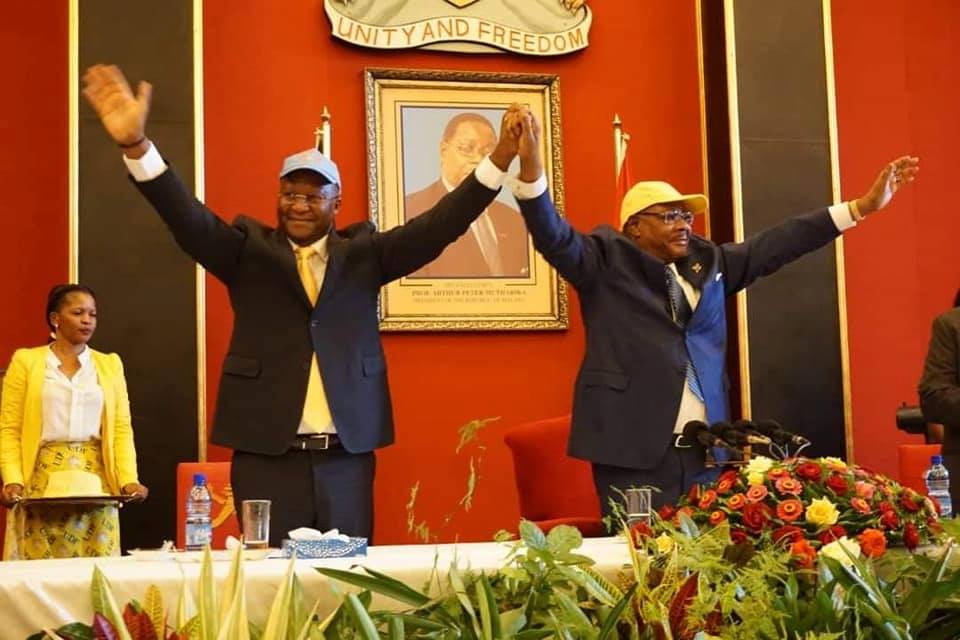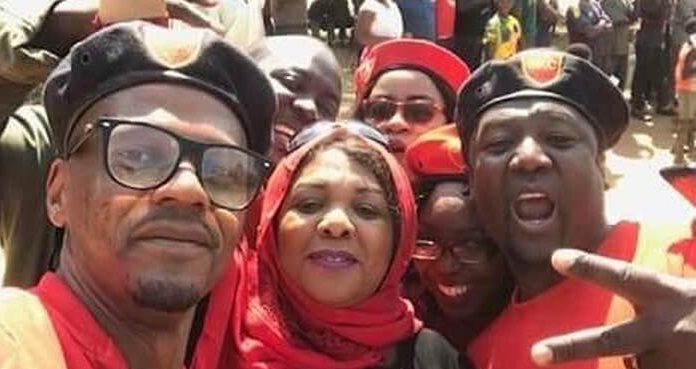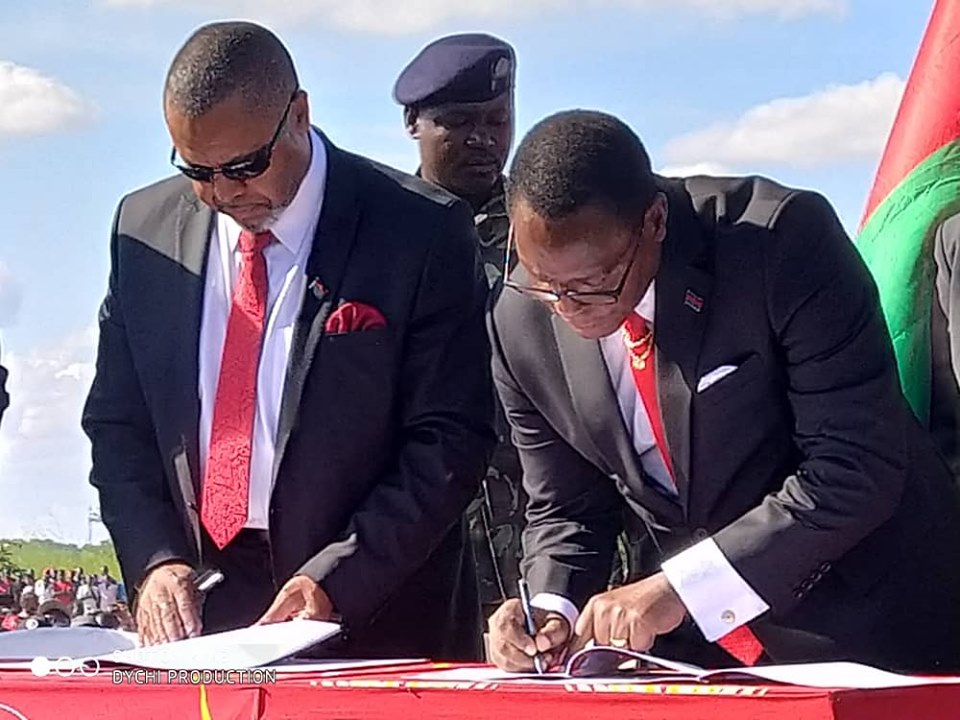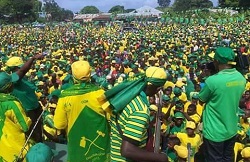Fresh elections could go ahead in Malawi on July 2nd despite concerns over the effects of Coronavirus on the country.
The results of last year’s election were declared null and void by the Constitutional Court because of voting irregularities. Defending President Peter Mutharika was re-elected with one third of the vote in a close contest.
The Constitutional Court in their 500 page ruling ordered the Malawi Electoral Commission (MEC) to hold a fresh vote within 150 days. Although MEC argued that the vote should be delayed further because of Coronavirus, it is clear that they have no power to overturn the Court’s ruling.
Mutharika and his Cabinet announced that they would take a 10% pay cut to help pay for the nation’s fight against the virus. Estranged Vice President Saulos Chilima, who was among the defeated Presidential candidates, responded by saying that he would forego 100% of his salary.
Meanwhile the opposition parties are trying to agree on a single candidate to stand against Mutharika in a 50+1 poll system as interpreted and instructed by the Constitutional courts. Mutharika’s future is likely to depend on whether opposition leaders can put their countries interest ahead of their personal ambitions to agree on grand alliance and chose one candidate. At the time of writing nothing has been disclosed.
According to George Wiseman Gondwe, Malawi’s social commentator, choosing someone to lead this alliance is a mountain for the two political blocks due to several factors. Gondwe said that Lazarus Chakwela’s Malawi Congress Party (MCP) which is the oldest political party in Malawi, believes that their leader should take the lead because they are the largest opposition party. Chakwela finished runner up in the official results of the Presidential Election. Saulos Chilima, Mitharika’s Vice President finished third and leads the United Transformation Movement (UTM). He claims to have a broader appeal geographically and across ethnic groups as well as experience of Government and commerce.
Chilima (left) and Chakwela (right) signing an electoral alliance.
Mutharika’s Democratic Progress Party (DPP) recently signed an electoral alliance with the opposition United Democratic Front (UDF) whose founder is Malawi’s former President Dr. Bakili Muluzi and now headed by his son Atupele Muluzi who lost his Parliamentary seat in Machinga North East, in the southern part of Malawi.

Atupele Muluza (left) and Peter Mutharika (right) during Alliance signing ceremony at State House
Schools are closed and large gatherings banned to combat Coronavirus. A package has been announced to support small and medium size businesses, with petrol prices also frozen. In his recent press briefing,Malawi’s estranged Vice President Chilima criticised the Government’s measures arguing for further cuts to petrol prices, channeling more resources to the fight, and changing several idle stage Lodges to COVID-19 isolation centres.
A ban on church services was announced by the Government, but later reversed.
Chilima donates his full salary to the fight against COVID-19 while Mutharika and his cabinet have donated 10% of their salaries. Chilima said that the President and his cabinet should cut their salaries to 50%.
While the country is on partial lockdown, Mutharika has ordered the tobacco markets to stay open to protect Malawi’s chief foreign currency earner.
Many office workers are working in shifts to enable more effective social distancing.
But in this country, among the poorest in the World, the message is not getting through to the rural areas. The health system is not sufficiently robust to contain the outbreak with inadequate facilities and workers.
Health services, already overstretched, may struggle to cope if the epidemic penetrates to levels that many fear to be likely.
Risk allowances to health care workers have been increased , and many have complained of a lack of personal protective equipment, as well as demanding improved pay and conditions to compensate them for the risks that they are exposed to.
On 7th April Malawi recorded its first death from the virus, a 51 year old woman who had just returned from the UK.



